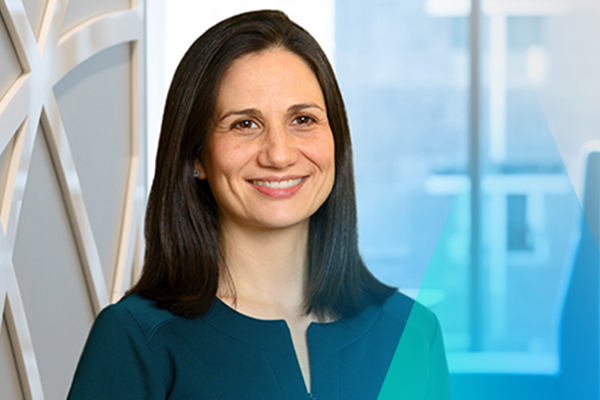Promoting Shared Decision Making Around Costs to Improve Value
Summary
Avalere and the Robert Wood Johnson Foundation Launch Eight Grants to Improve Cost-of-Care Conversations Between Patients and Clinicians.- More than ¼ of low-income adults covered by employer-sponsored, high-deductible plans spend more than 20% of family income on out-of-pocket healthcare costs
- Greater than 40% of cancer patients report having higher than expected out of pocket costs
- Almost 70% of cancer patients report not having conversations with their providers about the cost of treatments
- Overall healthcare spending continues to outpace GDP in an unsustainable manner
Clinicians could play an important role in helping patients make healthcare decisions by aiding them in assessing medical–financial trade-offs and finding less expensive alternatives. However, conversations between patients and clinicians about the cost of healthcare services do not occur as frequently as they should; and even when they do, most patients do not feel they understand and can act upon the information.1,2 For example, a recent report from the Cancer Support Community found that the majority (68%) of surveyed patients did not report having conversations with their care team about the costs of their cancer care. The report highlights an urgent need for developing resources that can support successful cost-of-care conversations, especially as out-of-pocket costs continue to increase and patients report often not filling prescriptions and following up on treatment protocols due to cost. These concerns are particularly important for people living on low incomes and people who may feel marginalized from the healthcare system, such as racial and ethnic minority patients. The Robert Wood Johnson Foundation (RWJF) and Avalere have recognized this need and have been working together to further research in this area.
Avalere conducted research on behalf of RWJF in early 2016 to identify barriers surrounding patient-clinician cost-of-care conversations. We spoke to dozens of experts, including patient advocates, clinicians, payers, shared decision-making and transparency organizations, and other thought leaders. We outlined six broad priority areas for improving these conversations, as displayed in this infographic. Based on the results of our research, Avalere then supported RWJF in developing and fielding two calls for proposals (CFPs) to fund up to $1.9 million in projects to improve cost-of-care conversations between patients and clinicians, with a focus on optimizing conversations between clinicians and vulnerable patients, and integrating cost conversation resources into the clinical workflow. RWJF received over 70 applicants for both CFPs. In September 2016, a panel of experts from across the country, working with RWJF and Avalere, selected eight finalist grantees—four for each CFP.
Please see Figure 1 for summaries of the finalist grantee projects.
The grantee projects officially kicked off on December 2, 2016, and will run for 12 months. As the projects get underway, Avalere will provide technical assistance and research support to the eight grantees, gather and synthesize the lessons learned across projects, and develop a strategic communications plan for sharing them broadly with the aim of spreading the learnings. Avalere is also doing other work in the area of value and shared decision-making. Avalere recently published a draft Patient-Perspective Value Framework (PPVF) that was developed in partnership with FasterCures—the PPVF provides a framework for measuring the benefits and costs of healthcare services in the context of patients’ personal preferences. Another related area of expertise is Avalere’s innovative design work, which combines design principles with policy, analytics, and payment reform expertise. This unique combination of perspectives facilitates the development of cutting-edge care delivery models that address the unmet needs of patients while accelerating organizational goals.
For further information on the “Cost-of-Care Conversation Grants” project and other related work, please contact Josh Seidman.
1 A.L. Meluch and W.H. Oglesby, “Physician-patient communication regarding patients’ healthcare costs in the US: A systematic review of the literature,” Journal of Communication in Healthcare 8.2 (2015).
2 W.G. Hunter et al., “What strategies do physicians and patients discuss to reduce out-of-pocket costs? Analysis of cost-saving strategies in 1,755 outpatient clinic visits,” Medical Decision Making 36.7 (2016):900–910.
Learn More




